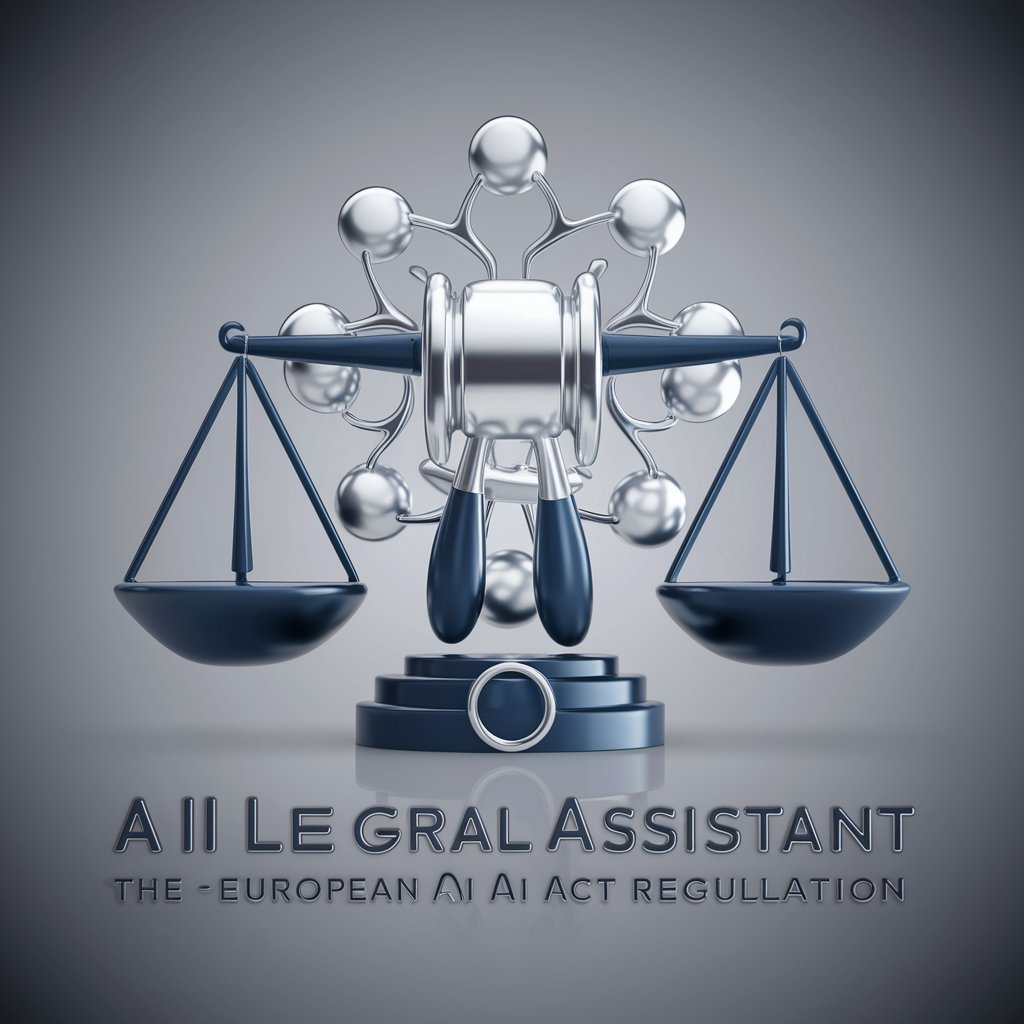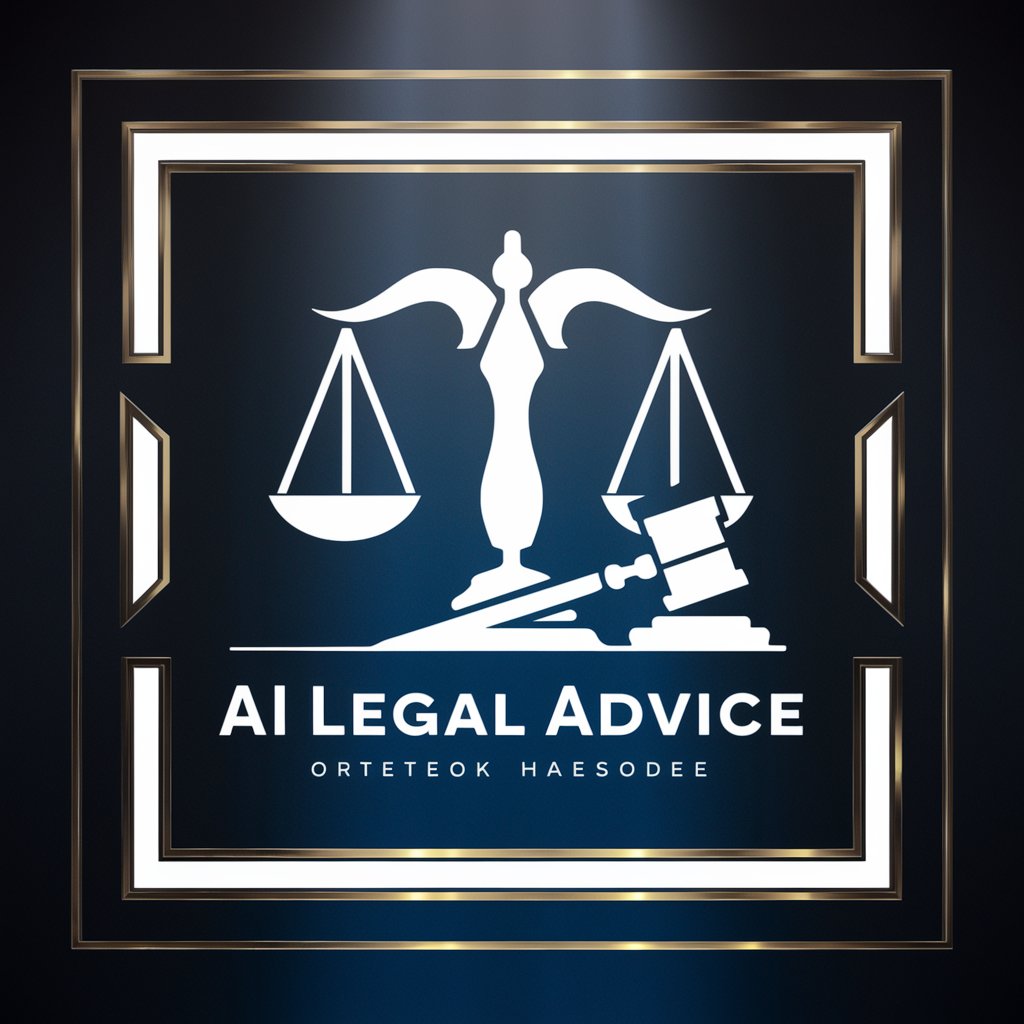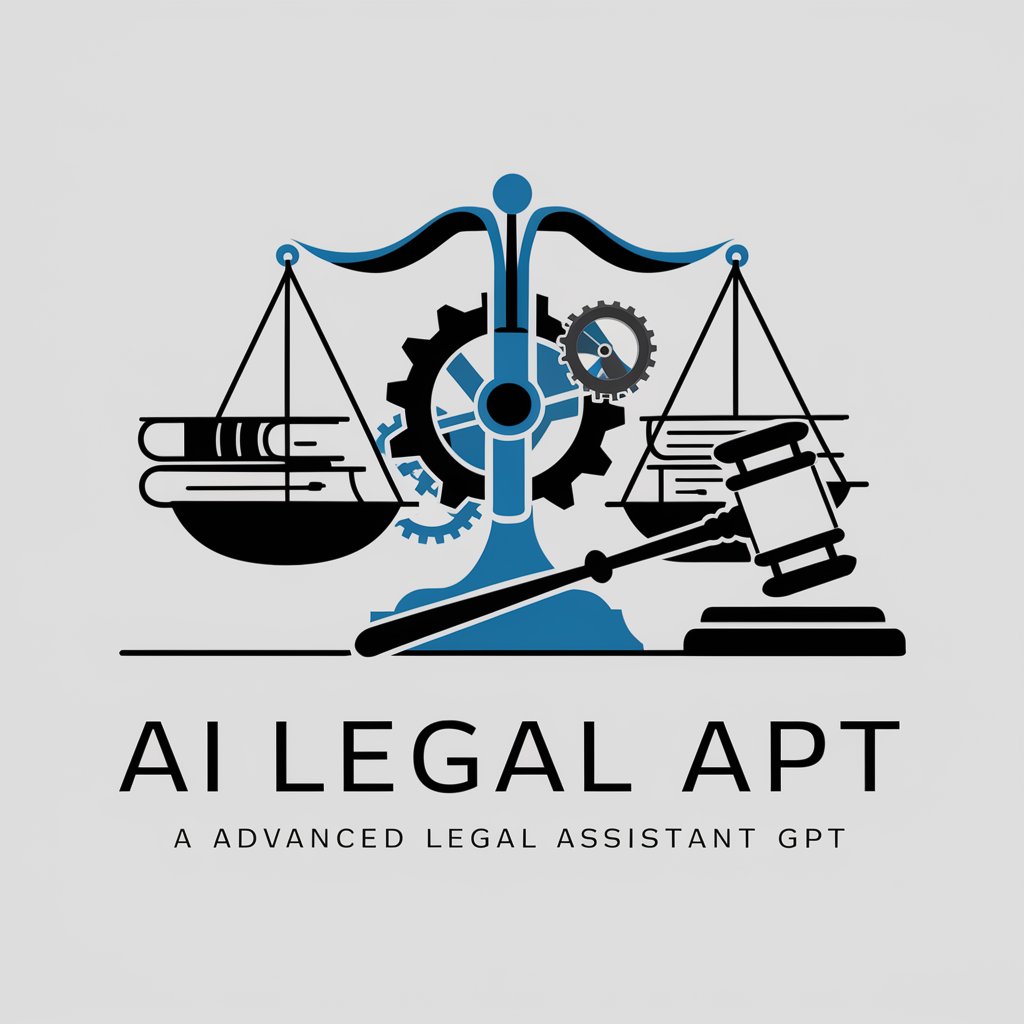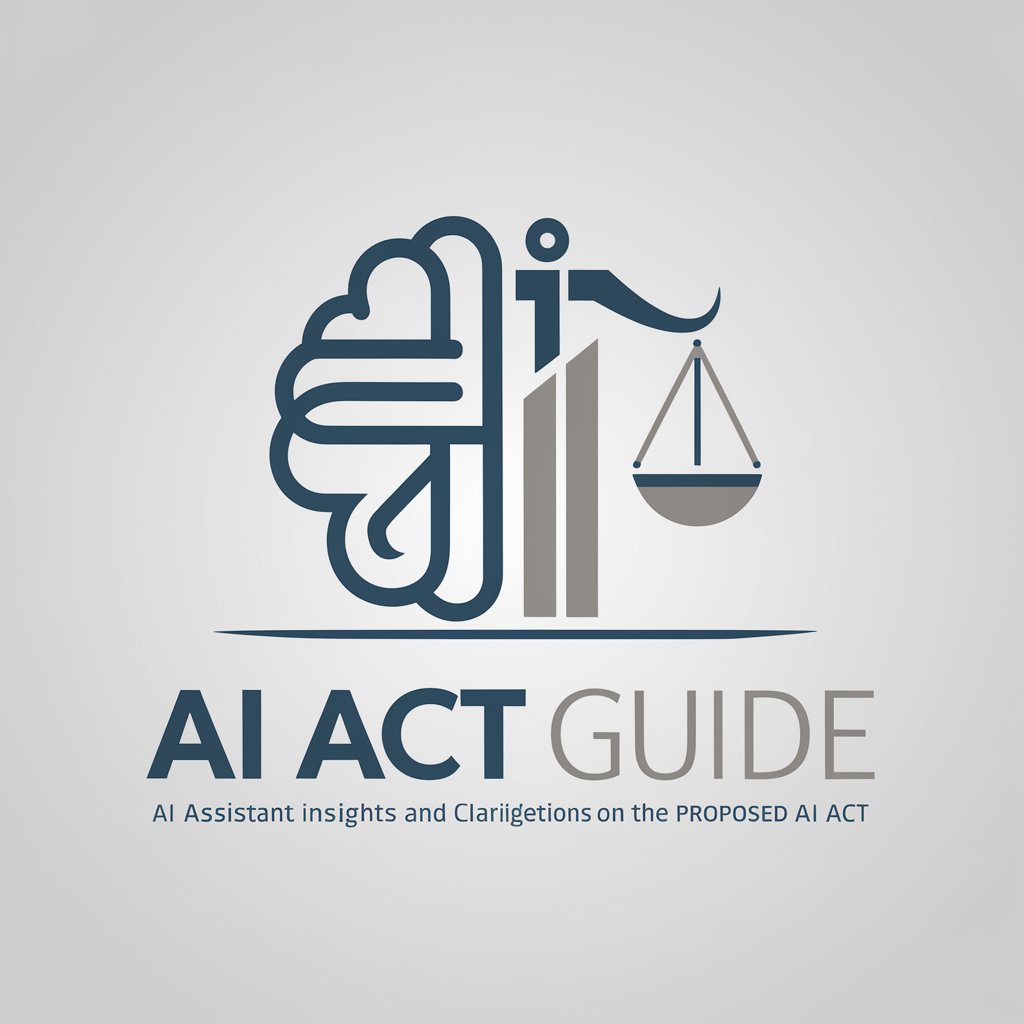
AI Legal Guide - AI Legal Insight

Hello! Ready to explore AI law together.
Navigating AI Law with AI-Powered Expertise
Explain the AI Act in Europe.
What are the legal risks of using AI in healthcare?
Update me on recent changes in AI legislation.
How does AI law differ in the US and EU?
Get Embed Code
Introduction to AI Legal Guide
AI Legal Guide is designed to be an expert resource on legal matters pertaining to artificial intelligence. It aims to provide insights, guidance, and information on regulations, compliance, ethical considerations, and the global impact of AI laws. Created to navigate the complex legal frameworks surrounding AI technology, AI Legal Guide serves as a bridge between legal experts and those interested in or working with AI, making legal information accessible and understandable. For example, it can help a startup understand the legal requirements for deploying an AI tool in healthcare, including data protection and patient consent, or assist a researcher in identifying ethical considerations in AI development. Powered by ChatGPT-4o。

Main Functions of AI Legal Guide
Providing Updates on AI Legislation
Example
Informing users about the latest AI regulations, such as the European Union's AI Act, detailing what it means for AI developers and businesses.
Scenario
A tech company planning to expand its AI product line in Europe would use AI Legal Guide to understand how the new regulations affect their product development and deployment strategies.
Explaining Ethical AI Practices
Example
Outlining best practices for ethical AI development, including bias mitigation and transparency.
Scenario
An AI ethics board within a corporation could utilize AI Legal Guide to establish guidelines ensuring their AI systems are developed and used in a manner that respects ethical principles.
Guidance on Intellectual Property Rights in AI
Example
Clarifying the complexities of intellectual property rights when AI generates new content or inventions, detailing the legal standings and precedents.
Scenario
An inventor using AI to create new designs or content can reference AI Legal Guide to understand how to protect their creations legally and navigate potential IP challenges.
Ideal Users of AI Legal Guide Services
AI Developers and Technologists
Individuals and teams building AI systems who need to understand the legal implications of their work, including data usage rights, privacy laws, and international regulations. They benefit from AI Legal Guide by ensuring compliance and ethical considerations are integrated into their projects.
Policy Makers and Regulators
Officials responsible for creating or enforcing laws related to AI who seek comprehensive analyses of existing legal frameworks, emerging trends, and international standards. They use AI Legal Guide to inform their decisions and ensure regulations are effective and up-to-date.
Legal Professionals
Lawyers and legal advisors specializing in technology and intellectual property law, who need to stay informed about the evolving legal landscape of AI. They benefit from using AI Legal Guide to provide accurate advice to clients on AI-related matters.
Academics and Researchers
Individuals studying the legal, ethical, and societal implications of AI. They utilize AI Legal Guide for in-depth resources on legal theory, case studies, and regulatory developments to support their research and teaching.

How to Use AI Legal Guide
1
Access the platform without login by visiting yeschat.ai for a complimentary trial, eliminating the need for ChatGPT Plus.
2
Identify your legal question or the area of AI law you're interested in exploring. This could range from data privacy laws to intellectual property rights concerning AI.
3
Use specific keywords or questions when interacting with AI Legal Guide to ensure the most accurate and relevant information is provided.
4
Review the provided information and use the option to ask follow-up questions for deeper understanding or clarification on complex legal concepts.
5
Utilize the guidance for educational purposes, policy development, or preliminary legal research. Remember, AI Legal Guide is not a substitute for professional legal advice.
Try other advanced and practical GPTs
SEO Article Writer
Elevate Your Content with AI-Powered SEO Writing
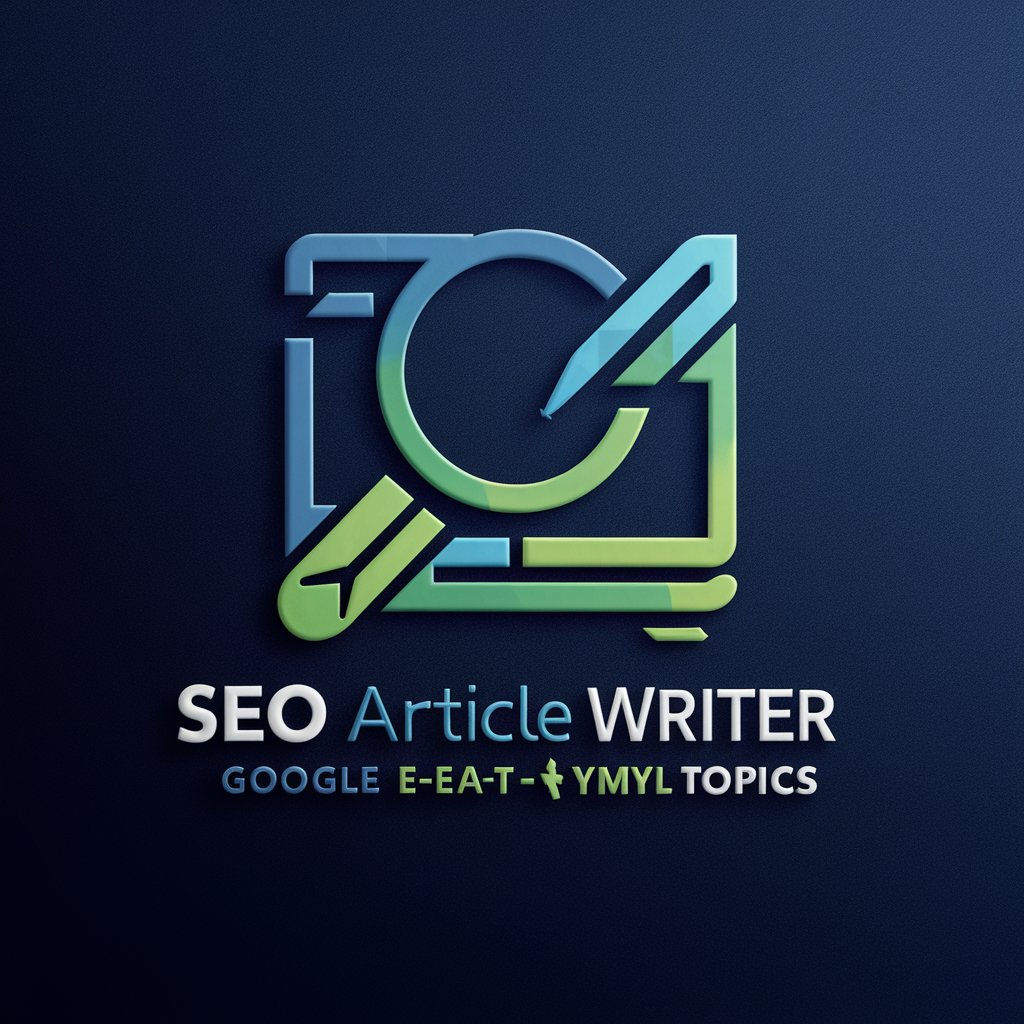
GPT Promoter | GPT SEO & Submission Assistant 🚀
Elevating AI with Smart SEO and Community Outreach
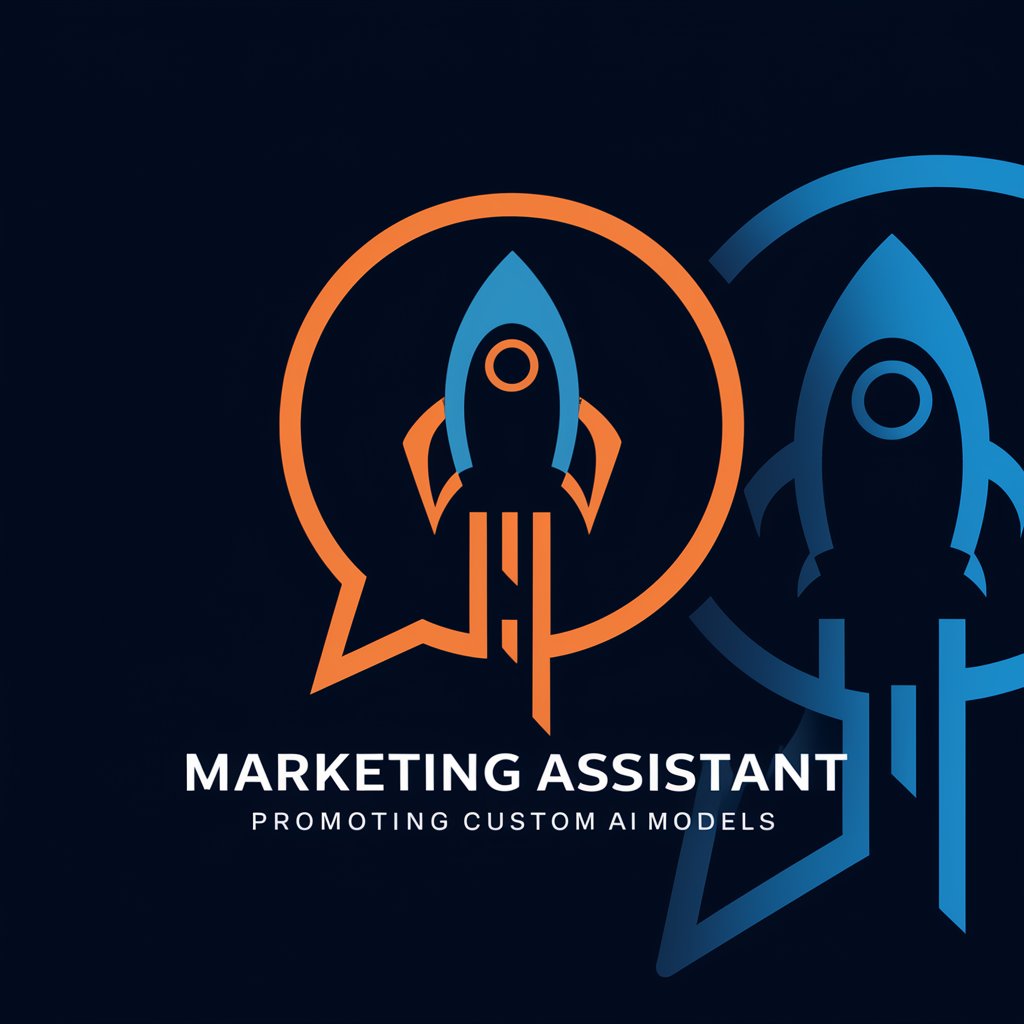
Investor
Empowering startups with AI-driven investment insights.

Global Translator
Translate Effortlessly with AI Precision
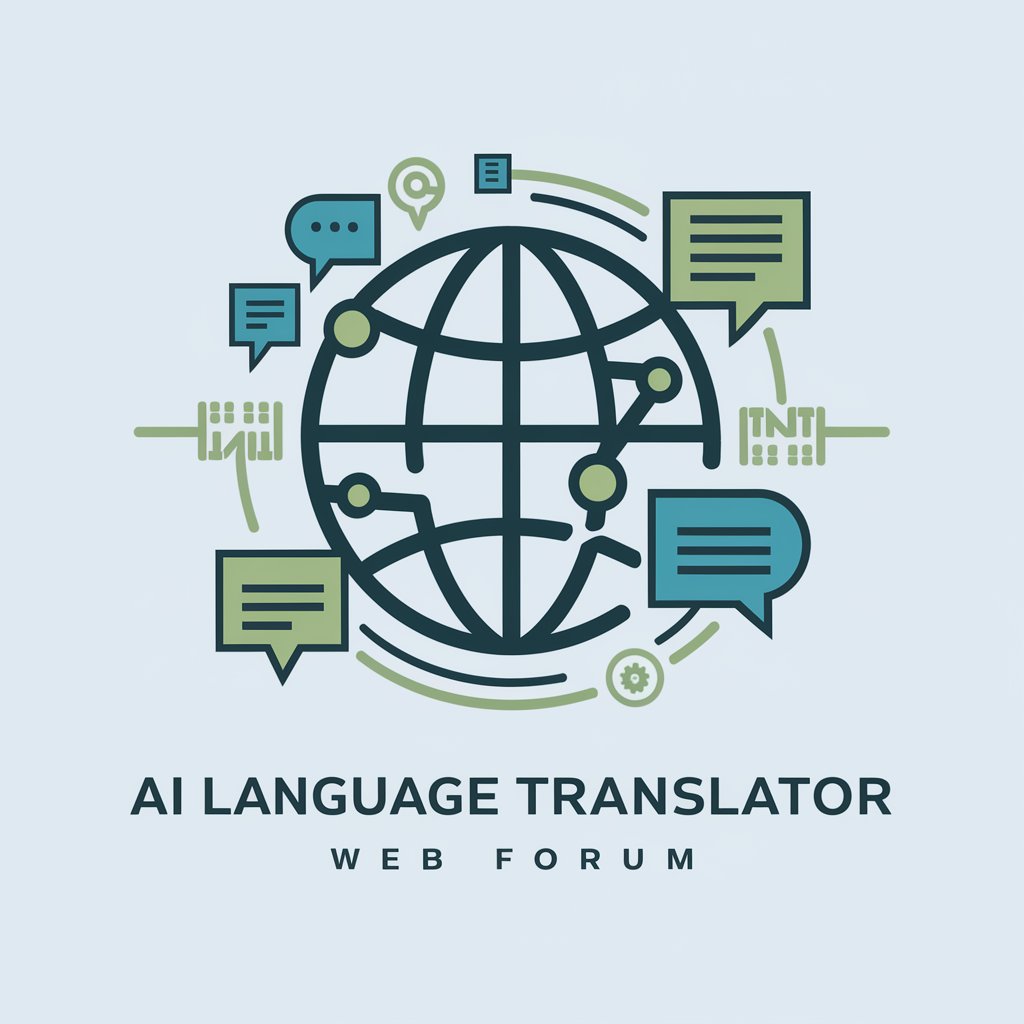
GSEC guide
Master cybersecurity with AI.
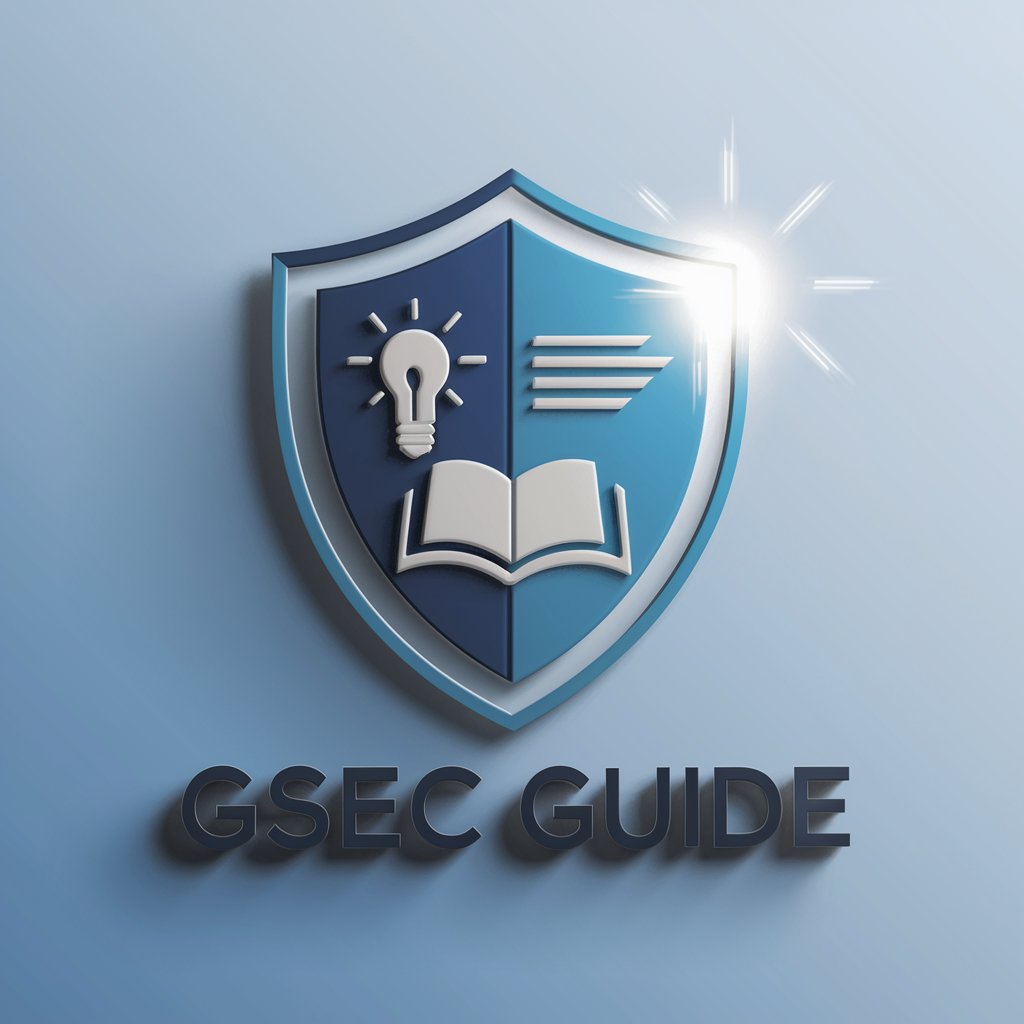
Python Bot 1.11
Empowering Code with AI
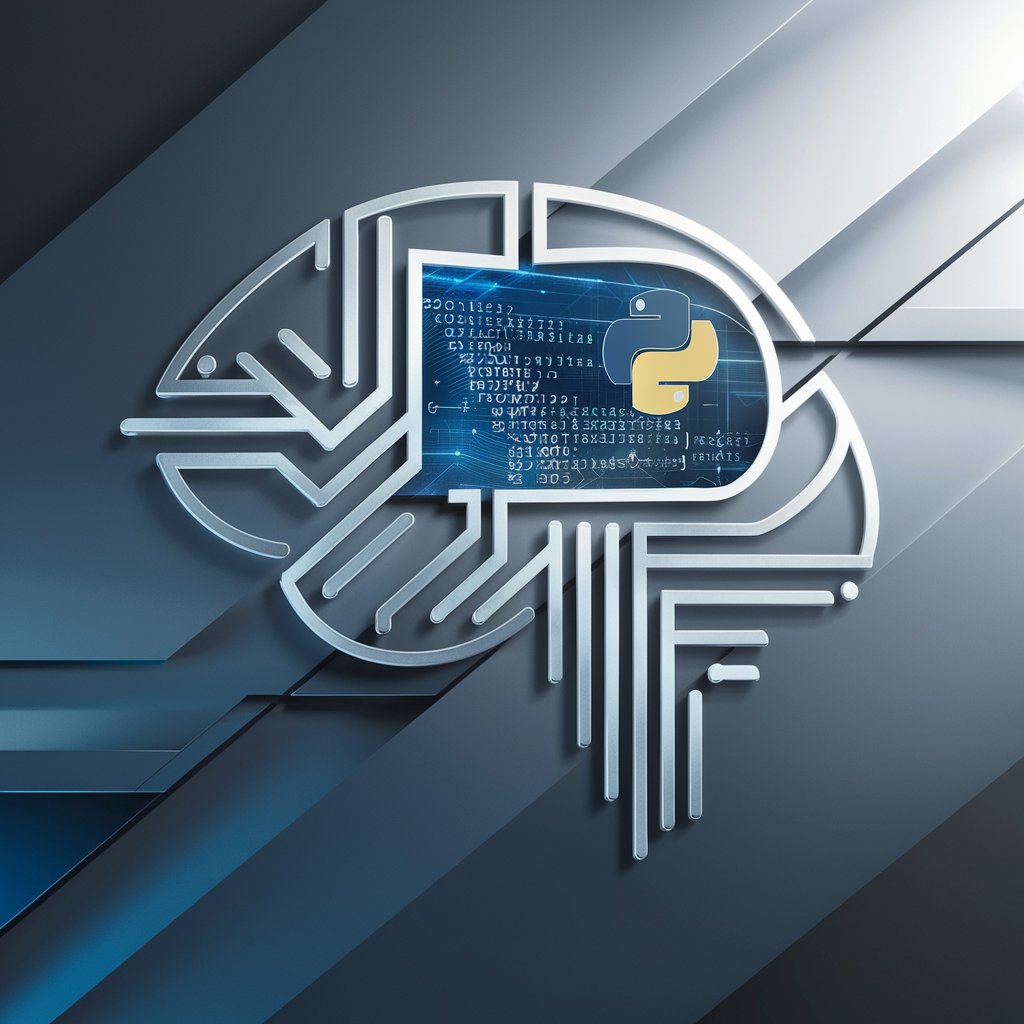
Thesis Architect AI
Your AI-powered thesis companion.
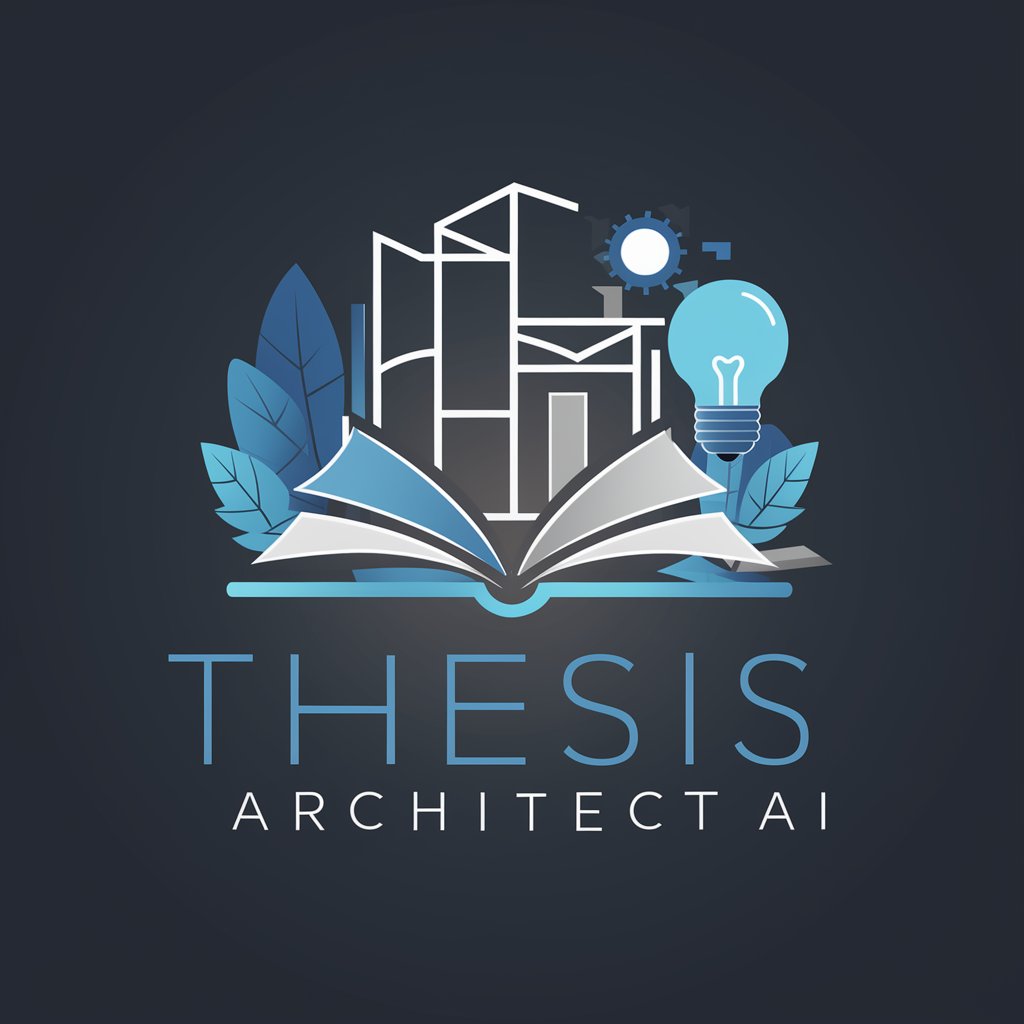
AIComicZ
Bringing Stories to Life with AI

Electronic Master
Empowering Electronics with AI

GPT Store
Unleash AI's potential for any task.
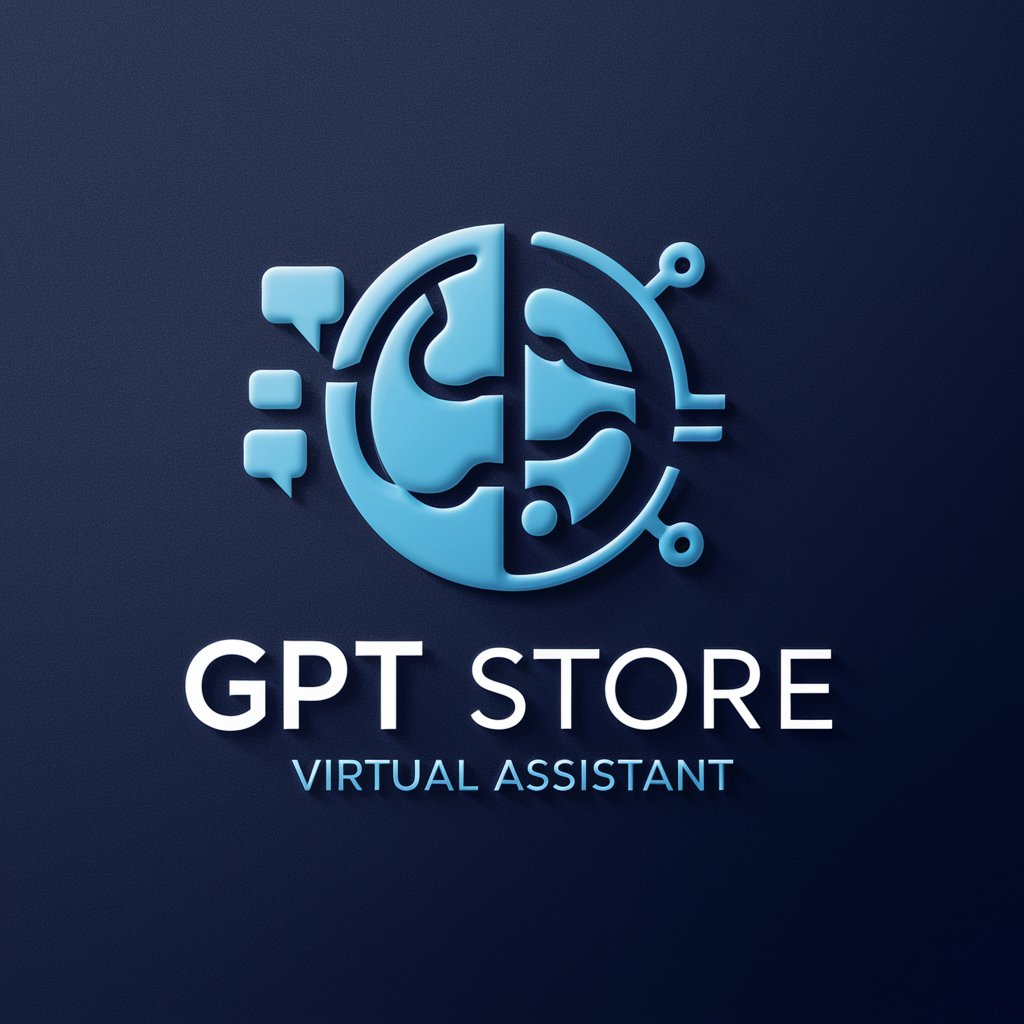
SEO Optimizer
Optimize content, elevate rankings with AI.
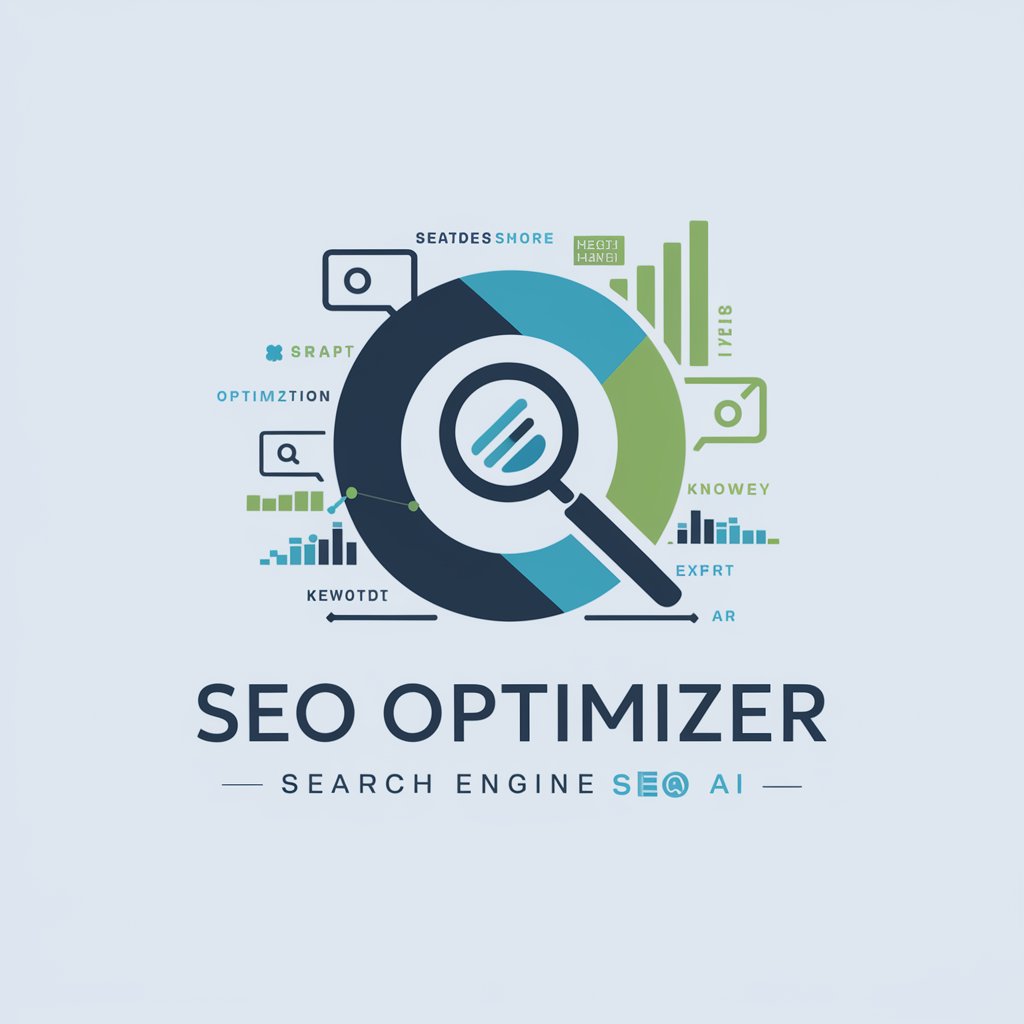
Deep search
Unleash the power of AI-driven search

Frequently Asked Questions About AI Legal Guide
What legal issues can AI Legal Guide help me understand?
AI Legal Guide can help you understand a broad range of legal issues related to artificial intelligence, including but not limited to data protection and privacy laws, intellectual property rights, liability issues, and ethical considerations in AI development and use.
Can AI Legal Guide provide legal advice for specific cases?
While AI Legal Guide can offer general guidance and information on AI-related legal matters, it cannot provide personalized legal advice or opinions for specific cases. For such needs, consulting a qualified legal professional is recommended.
How up-to-date is the information provided by AI Legal Guide?
AI Legal Guide stays updated on international AI laws and regulations to ensure that the information provided is accurate and current. However, the legal landscape is constantly evolving, so it's always a good idea to verify the most recent legal developments.
Is AI Legal Guide suitable for academic research?
Yes, AI Legal Guide can be a valuable resource for academic research, offering insights into legal frameworks, case law, and regulatory trends in the field of AI. It can help enrich your research with legal perspectives.
How can businesses benefit from using AI Legal Guide?
Businesses can use AI Legal Guide to gain insights into compliance requirements, risk management strategies, and best practices for ethical AI use. This information can aid in navigating the complex legal landscape surrounding AI technologies and ensuring responsible implementation.
